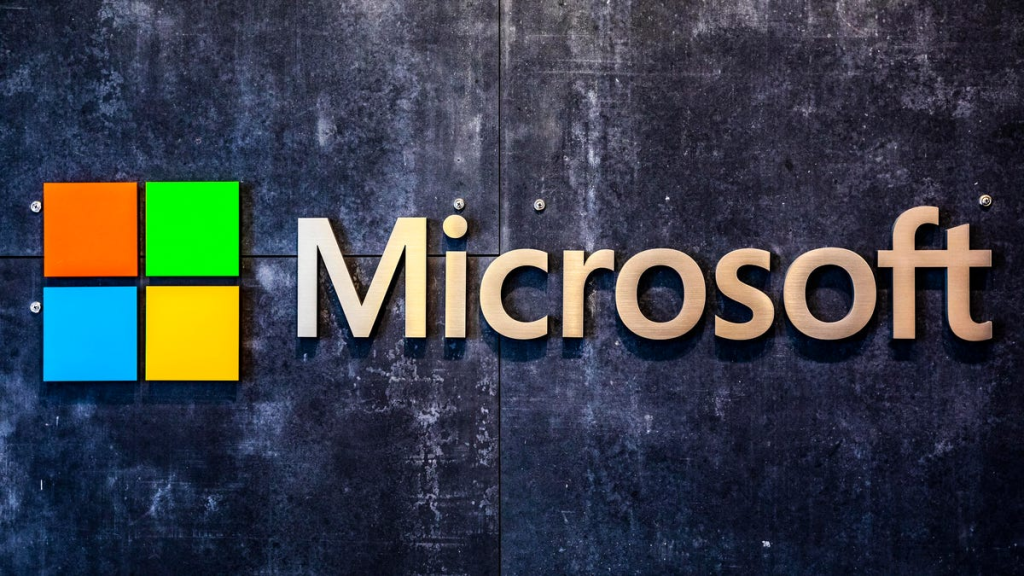Microsoft has reaffirmed that it will not lower the minimum hardware requirements for Windows 11, solidifying the need for a Trusted Platform Module (TPM) 2.0 and a compatible CPU. This decision leaves many older PCs ineligible for the upgrade. Microsoft emphasizes that these standards are vital for improved security and performance.
As per a recent blog post titled “TPM 2.0 – a necessity for a secure and future-proof Windows 11,” Microsoft reaffirmed its decision not to relax Windows 11’s strict hardware requirements. TPM 2.0 is a hardware-based security feature that protects sensitive data and ensures secure boot processes. Microsoft argues that such measures are nonnegotiable as the company continues to address rising cybersecurity threats. The minimum requirements include a list of approved CPUs, starting from AMD Ryzen 2000 and Intel 8th Gen processors, that offer advanced security features and better performance efficiency.
Since its launch, Windows 11’s strict requirements have sparked significant debate among users. Many argue that their older hardware is still functional and capable of running the OS. Microsoft, however, maintains that adhering to these standards enables it to focus on developing features optimized for newer systems, reducing vulnerabilities, and ensuring smoother performance. Users with unsupported devices have explored unofficial methods to bypass the requirements and install Windows 11. While these workarounds exist, Microsoft discourages their use, stating that such installations may lack proper updates, including security patches, and could lead to an unreliable user experience.
Looking ahead, Microsoft has indicated that similar hardware requirements will apply to future Windows versions, making TPM 2.0 a baseline for upcoming operating systems. This reinforces the company’s vision of a more secure computing environment and raises questions about how many users will be left behind. While Microsoft has extended support for Windows 10 until October 2025, users on older hardware face a limited timeline to consider upgrades or new systems. Despite the criticism, Microsoft’s stance underlines its commitment to modernizing Windows to meet evolving technological and security demands.
Although TPM chips are installed and enabled on most desktops and laptops, they are usually disabled on off-the-shelf motherboards. If you built your own PC and have a compatible CPU for Windows 11, read our guide on how to enable TPM.



